LC Filters for High-Performance Signal Processing in RF Circuits
Introduction to LC Filters LC filters are crucial elements in radio frequency (RF) circuits, primarily comprising inductors (L) and capacitors (C). These components work together to control the frequency response of electronic signals, thereby ensuring that only desired frequencies pass through while attenuating unwanted signals. The fundamental operation of LC filters is based on two …
LC Filters for High-Performance Signal Processing in RF Circuits Read More »
